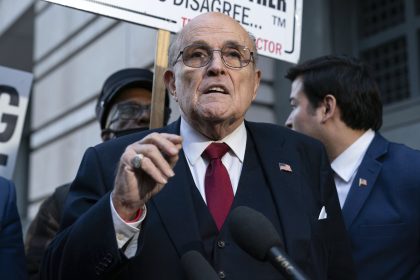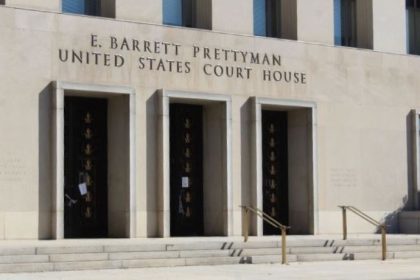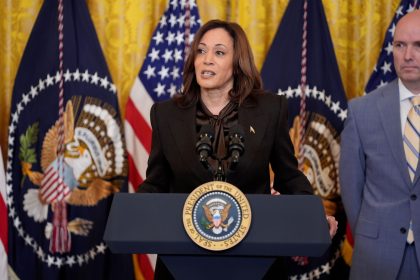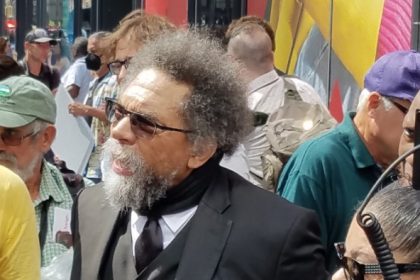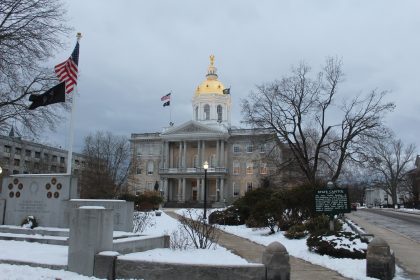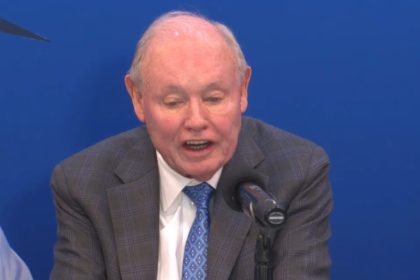Advocates Sue North Carolina In Push To Relax Vote-By-Mail Rules
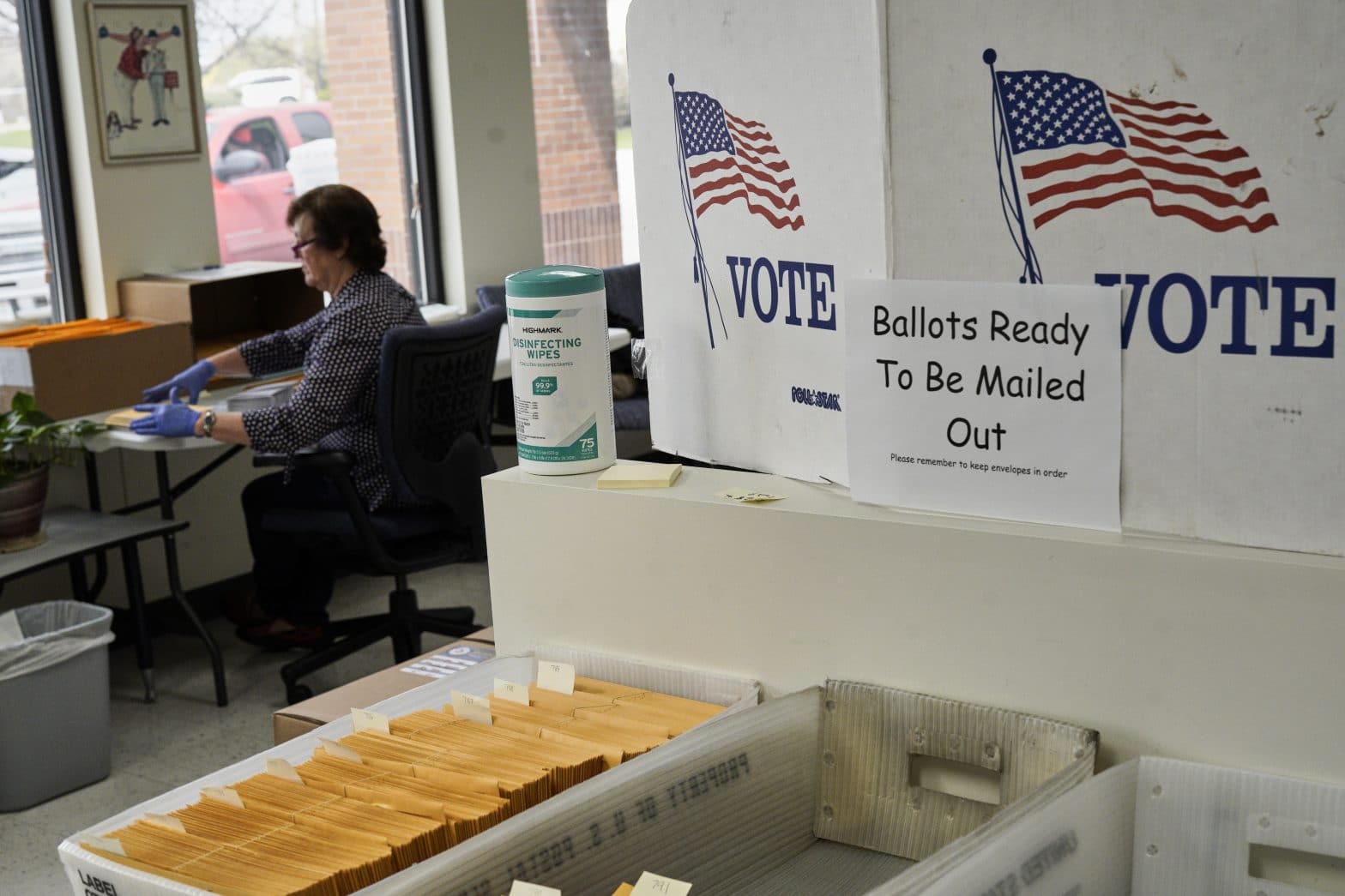
A group of North Carolina voters backed by a Democratic non-profit group is suing the state in an effort to ease restrictions around mail-in voting amid the coronavirus pandemic.
The lawsuit, filed by Democracy Docket, a non-profit founded by Marc Elias, former counsel to Hillary Clinton’s 2016 presidential campaign, alleges that North Carolina is making it too difficult for people to vote by mail during the pandemic.
“North Carolina’s election officials continue to enforce unnecessary and burdensome mail ballot restrictions that threaten to disenfranchise many North Carolina voters, and are especially ill-suited to meet the unique challenges posed by the ongoing health emergency,” says the complaint, filed in Wake County Superior Court on Monday.
Under state law, voters are required to get absentee ballot envelopes signed by two witnesses or a notary, and must pay for their own postage. Additionally, mail ballots are only counted if received on the Tuesday before the election date.
The lawsuit alleges the requirements could be “impossible to comply with” if social distancing guidelines and stay-at-home orders extend into this election season. The restrictions on mail voting could “pose significant risks to voters’ health and safety,” particularly for those whose health may be at risk, the complaint says.
Election officials estimate that up to 40% of North Carolina voters could cast their ballots by mail this year, a 4% increase from 2016. That number could grow even higher if there is a spike in COVID-19 cases in the fall, a scenario that many health experts say could happen.
Despite the possibility of a surge in absentee voting, some state lawmakers have vowed to oppose efforts that could encourage more mail voting.
House Speaker Tim Moore, a Republican, said last week that loosening absentee voting laws “simply is not going to happen” in an interview with the John Locke Foundation.
Last year, the Ninth Congressional District had to re-do its elections after an investigation found widespread evidence of absentee voting fraud. A Republican political operative named Leslie McCrae Dowless was later charged with illegally collecting incomplete absentee ballots and making it appear that voters had finished filling them out.
Following that, North Carolina’s state legislature voted to toughen laws around mail voting in a bill that passed the House and Senate with only one “no” vote in October 2019.
Since the new laws were enacted, several groups have filed lawsuits against the state of North Carolina.
In March, Advance North Carolina, an organization that encourages African-Americans to vote in the state, filed a complaint that alleged the restrictions “deny voters valuable assistance in obtaining absentee ballots to facilitate their political participation.”


















